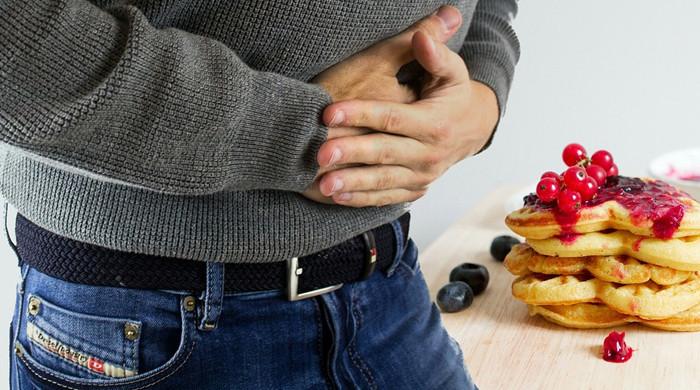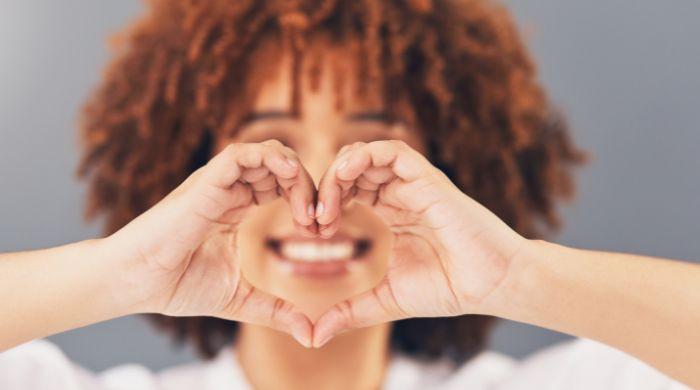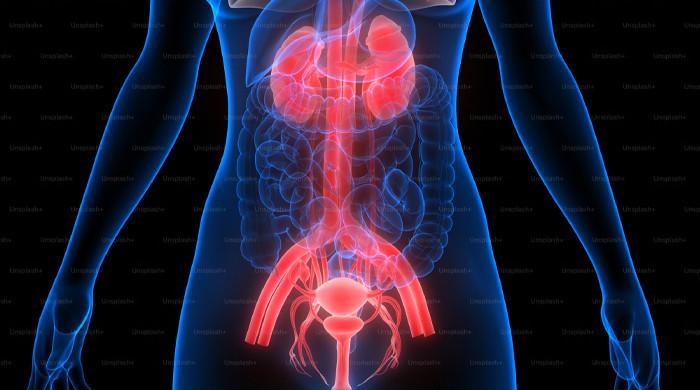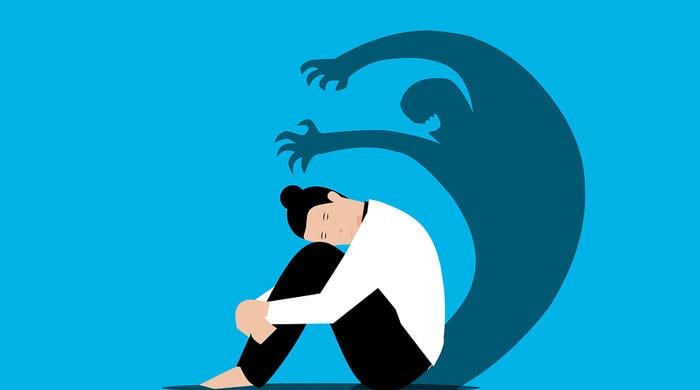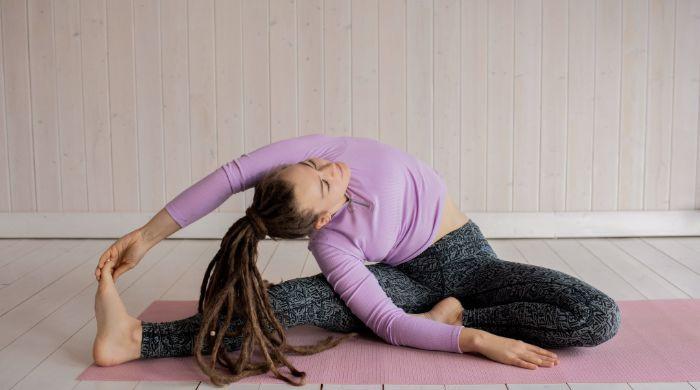A diabetic-friendly guide to enjoying sweets this Eid
Here's some expert advice for diabetic patients with a sweet tooth
April 10, 2024

Eid and the sweetness it brings along:
As the festive days of Eid are here, you must’ve previously noticed markets of Karachi flooded with people already shopping for the celebration, buying dresses and jewelry, but most importantly, shopping for groceries to cook exclusive delicacies on the morning of Eid.
You’ll see women buying packets of vanilla custard or Sheer Khurma (vermicelli pudding) to make these traditional sweets for the occasion to enjoy with their families.
With the vast varieties of sweets on Eid, everyone can think of a relative with a huge sweet tooth and how they are constantly teased, as we take away bowls of sweets, they serve themselves saying, “Aap ko meetha mana hai” (you’re not allowed to eat sweets) because of their “sugar” or medically known as diabetes.
Can diabetic patients enjoy sweets this Eid?
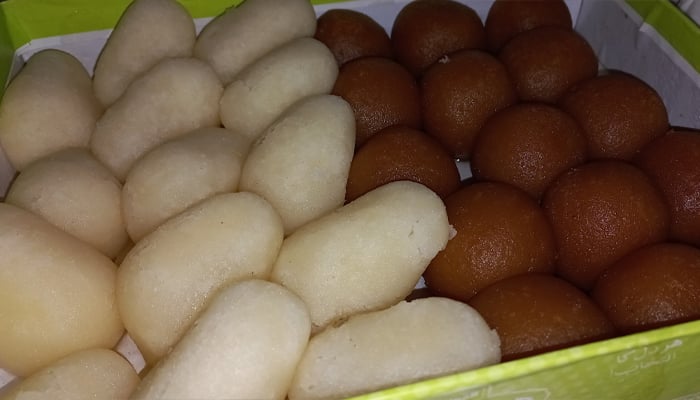
All over Pakistan, it is a popular belief, contrary to reality, that diabetic patients cannot eat sweet dishes and treats at all. However, it is completely fine to indulge yourself in a delicacy every now and then, even if you suffer from diabetes.
First and foremost, diabetic patients are supposed to monitor their blood sugar levels consistently as their body fails to take up glucose due to either inadequate utilization or absence of insulin, a hormone which controls the uptake of glucose and its storage.
This basic principle is what stems the thought process of our society where we believe diabetic patients are to absolutely refrain from eating sweets as it might spike their glucose levels, even though that’s not always the case if you practice moderation and caution when enjoying sweet dishes.
“Of course you can eat sweets every once in a while, even if you are diabetic,” says Dr. Asim Ali Baig, an associate specialist at the Royal Lancaster Infirmary, “It’s just important to keep in mind how you balance out the sugar you are consuming,” he added.
Not just sweet treats, but any form of food high in carbs can lead to high blood sugar levels if not controlled and regulated properly.
Switch up to organic ingredients:
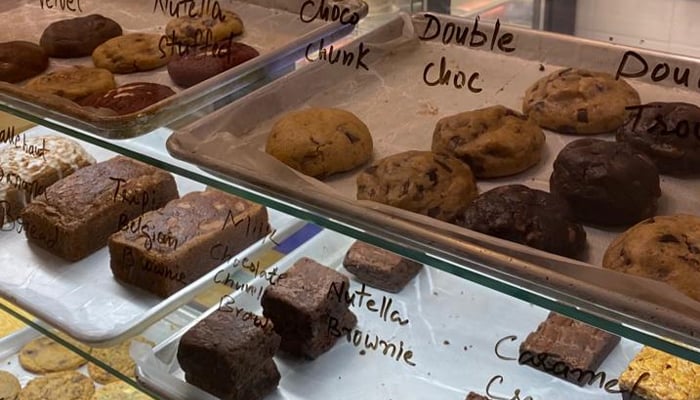
Additionally, the impact on blood sugar also depends on what ingredients have been used to prepare the dish.
For example, white sugar is far more dangerous to consume in comparison to brown sugar. “You can always use alternate ingredients to make the same dish, so that diabetic patients can also consume it without worrying too much,” Dr. Hajra, an associate professor teaching Toxicology stated.
“I have been teaching students for years, explaining to them how using alternate ingredients to maintain health can be a gamechanger,” the professor stated as she provided an elaboration on how a person can easily make seviyan (vermicelli), a popular dish made at the morning of Eid, by boiling it in milk for a little longer than usual, to enhance natural sweetness, instead of adding a lot of sugar in it.
Many alternate recipes, catering to the requirements of diabetic people, have circulated the internet, with some of the most famous dishes being “low-sugar rabri”, “sugar-free besan laddo” and “low-fat sheer khurma” that offer diabetic patients the opportunity to enjoy traditional delicacies without compromising their health, especially during celebrations like Eid.
“Opting for alternate recipes using natural ingredients is far better than switching to the sugar-free products that diabetic patients have started consuming,” added Dr. Hajra Naz.
Are sugar-free products a good idea?
Unfortunately, despite widespread awareness campaigns against sugar-free products, many households still continue to consume them, particularly in the form of fizzy drinks. These products, containing aspartame, an artificial sweetener 200 times sweeter than sugar, have been deemed riskier than sugar itself.
“Cold drinks are an absolute no, even if they are sugar-free,” Dr. Asim exclaimed as he explained how aspartame in sugar-free drinks and excessive white sugar in regular ones can actually harm diabetic patients.
Diabetes and sweet consumption management:
Making dishes using alternate ingredients, or even eating traditionally cooked delicacies of the Eid festival, are all enjoyments a diabetic person can also indulge themselves in, with a balanced diet, avoiding the consumption of cold drinks at all costs, and reducing the intake of sugar-free products, as much as possible.
“It is just impossible to stop my father from eating sweets, especially on occasions like Eid,” said Ali Faraz, a 28-year-old whose father suffers from diabetes. “We have to stay very careful that his sugar levels remain stable.”
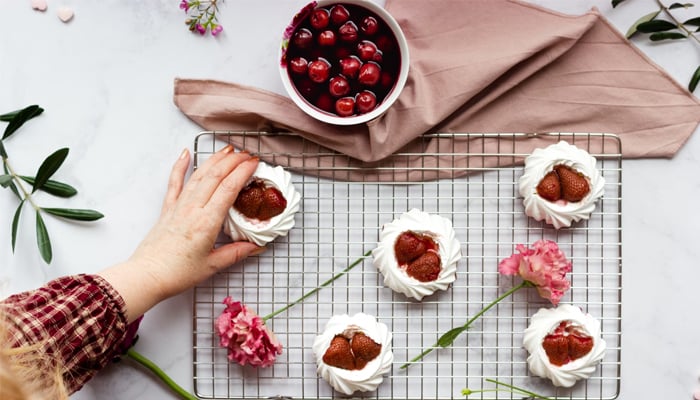
A very important factor for diabetic patients is to keep their glucose levels managed after eating sweet dishes, and all health experts agree the best thing to do is walk.
“Walking is an absolute must,” the toxicology professor emphasized, “walk is really important.”
The process of walking not only regulates your stress, which is crucial in diabetic patients, but also facilitates the utilization of glucose in the blood as well as stimulates the burning of calories.
Life with diabetes:
In diabetes, the problem is never consuming a certain type of food rather, how it is being taken. It is crucial to keep in mind the portion sizes of the meals or sweets being eaten, the ingredients that are being used and the exercise to be done after a meal.
Enjoying rich delicacies is possible for everyone, even a diabetic patient, who can make the most of eating sweets just by opting for informed choices and practicing moderation along with keeping a check on your blood sugar levels.
As we relish the sweet occasion of Eid along with the treats it brings, it's important not to overlook our dedication to health, regardless of whether one manages diabetes or enjoys complete wellness.
After all, no celebration can truly be enjoyed, if one's health is compromised. Let this festive occasion be a reminder to all of us, to keep a balance between indulgence and well-being, making sure that we do not end up compromising our health in the long run.




